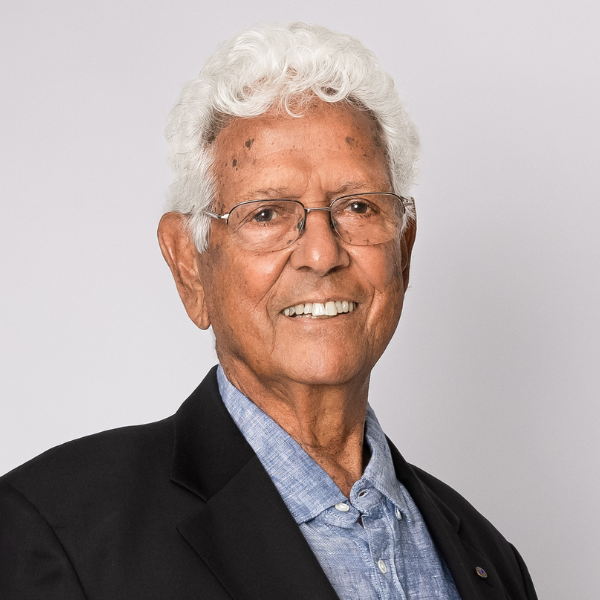- Solutions
Solutions
Our locally-led initiatives enable families and communities to unlock children’s potential.
Learn more - IFA
IFA
Indigenous Football Australia oversees the strategy and expansion of Australia’s most successful and longest-running Indigenous football initiative, John Moriarty Football.
Learn more - Get involved
Get involved
Moriarty Foundation is driven by a dedicated and passionate team, including our head office staff, volunteer Board, local coaching staff, local educators as well as our supportive partners.
Learn more - News
- Our story
Our story
We are building an Australia where Aboriginal and Torres Strait Islander children and young people thrive.
Learn more - Contact
- Solutions
Solutions
Our locally-led initiatives enable families and communities to unlock children’s potential.
Learn more - IFA
IFA
Indigenous Football Australia oversees the strategy and expansion of Australia’s most successful and longest-running Indigenous football initiative, John Moriarty Football.
Learn more - Get involved
Get involved
Moriarty Foundation is driven by a dedicated and passionate team, including our head office staff, volunteer Board, local coaching staff, local educators as well as our supportive partners.
Learn more - News
- Our story
Our story
We are building an Australia where Aboriginal and Torres Strait Islander children and young people thrive.
Learn more - Contact

